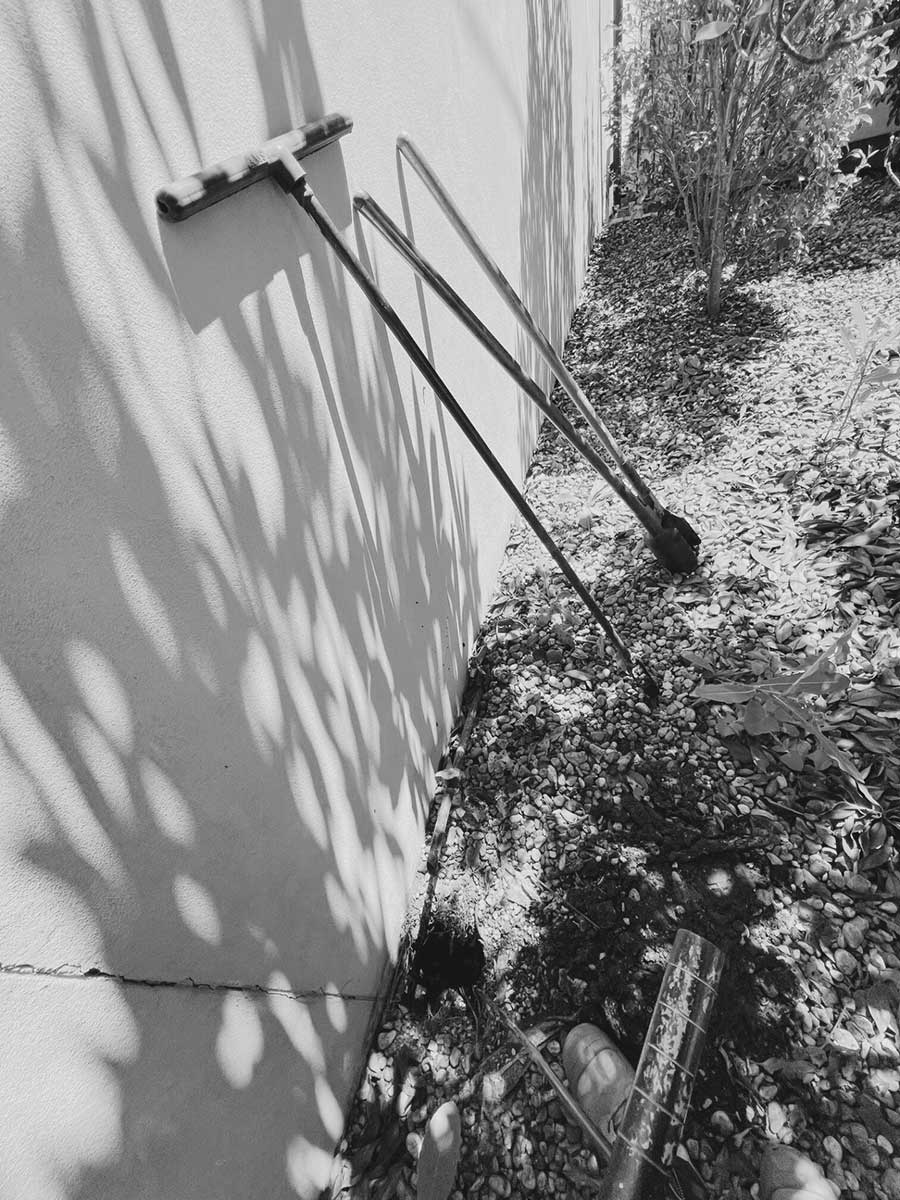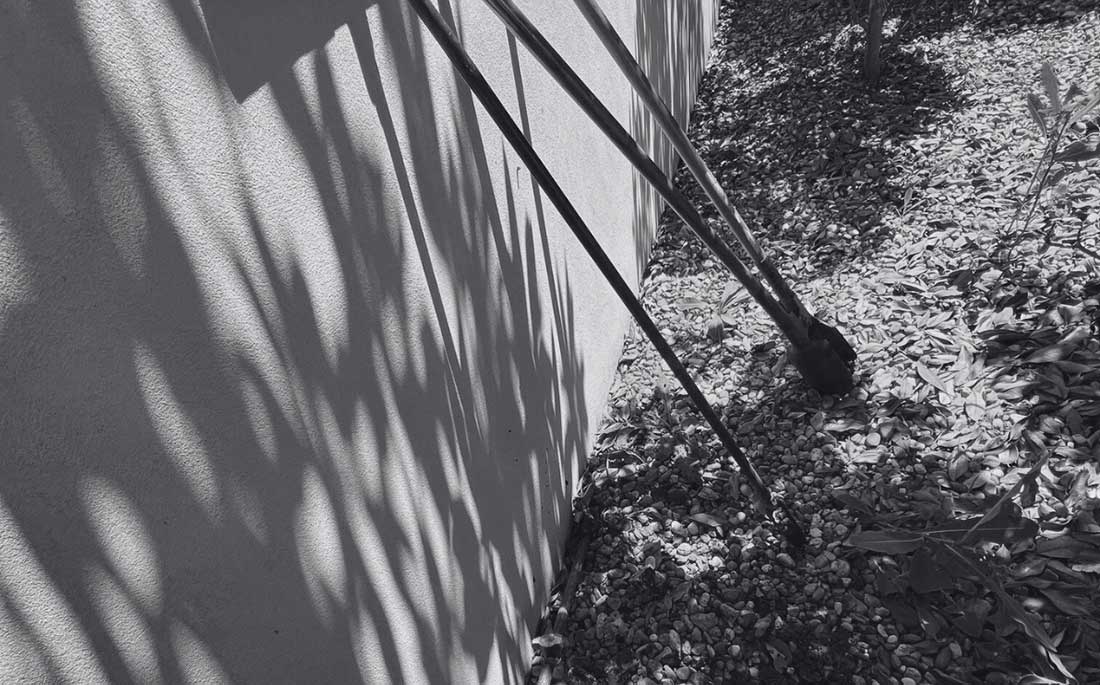When planning an addition to your home, the focus can often fall on the design, materials, and overall aesthetic. However, what lies beneath the surface is just as important—if not more so.
The soil your foundation rests on must be strong, stable, and suitable to support the weight of the new additions. Without a thorough understanding of the ground and footing conditions, even the best-designed structures can face issues like settling, cracking, or failure.
A footing probe is an especially crucial step in any upper storey addition, providing valuable insights into the current footing’s condition and stability, as well as bearing capacity. This process ensures your design is based on actual site conditions, reducing risks and optimizing safety.
Whether you’re building a home, an addition, or a large commercial structure, here’s why a footing probe can be an essential part of the construction process.
What is Involved in a Footing Probe?
This process involves carefully excavating around the footings to reveal their dimensions, the type of founding material, and their estimated load-bearing capacity.
Engineers can then use this data to perform a thorough assessment of the foundation’s strength and stability with the goal to determine whether the current footings meet the requirements to support the increased weight of the new construction.
By conducting this detailed analysis, potential risks such as structural failure or excessive settlement can be identified and addressed early in the planning stages. This proactive approach not only ensures safety but also helps avoid costly delays or modifications during construction.

Assessing Soil Bearing Capacity
A footing probe, while a separate and additional process, is typically conducted as part of Soil Testing for Geotechnical Site Investigations and Site Classification Reports.
This step is essential not only for assessing the footings but also for evaluating the surrounding soil, as surface soils are not always stable enough to support construction. Soil testing helps determine if the soil has sufficient strength—or bearing capacity—to support the weight of the new structure. If the soil is found to be weak or unstable, precautionary measures may be necessary to ensure stability.
By analysing the soil profile, engineers can design a foundation suited to the ground conditions. Most building codes require soil testing to ensure foundations are designed to meet safety standards. A footing probe provides essential data to ensure compliance, helping avoid structural issues down the line.
Saving Time and Money
Discovering soil problems early with a footing probe allows for informed decision-making during the design phase. This can prevent costly delays, repairs, or even structural failures that might arise if issues are only discovered after construction begins.
Final Thoughts
A footing probe is more than just a technical step—it’s a safeguard for your project. By ensuring the foundation is tailored to the actual ground conditions, you reduce risks of settlement, cracking, or even collapse. It’s a small investment that pays off by securing the safety and longevity of your structure while meeting all engineering and regulatory standards.
Why Choose Us for Your Geotechnical Investigation?
We specialise in soil testing and geotechnical investigations tailored specifically for your project.
Each site is inspected by an experienced and qualified engineering geologist, and all our work is backed by comprehensive professional indemnity and public liability insurance.
Whether your project is big or small, we have the expertise and equipment to get the job done efficiently. For reliable soil testing results, contact us today at 03 9545 5566





